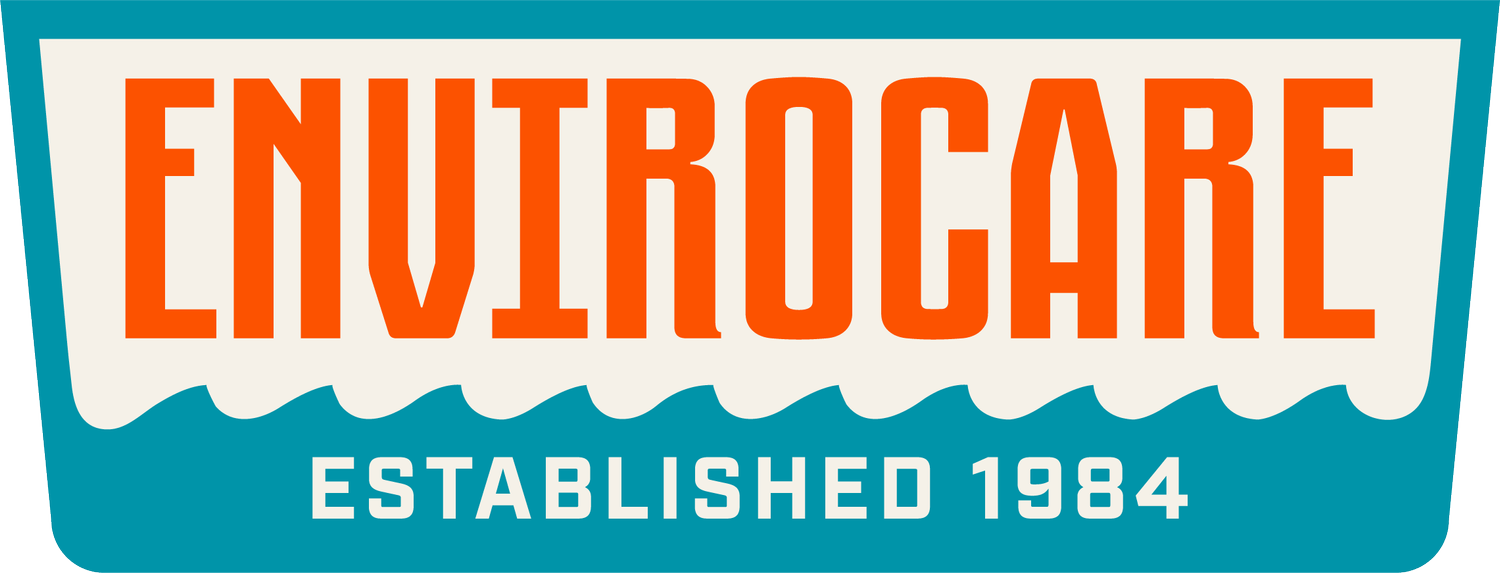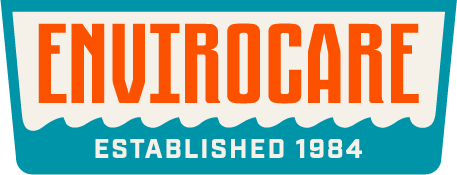Consider this: The ROI of Food Safety
Finding the balance between cost and quality challenges every business owner in the food service industry. Cutting corners can be tempting, but understanding the real returns on proper safety investments can change your perspective on these crucial business decisions.
UNDERSTANDING THE REAL COSTS
Food safety investments start with the basics: commercial dishwashing equipment, chemical dispensing systems, temperature monitoring tools, and proper storage solutions. While these initial costs might seem steep, they represent the foundation of a safe and efficient operation. Add to that the ongoing expenses of regular maintenance, chemical supplies, testing materials, and staff training, and you might wonder if there's a better way to allocate your budget.
But here's what many business owners discover too late: the cost of proper food safety measures pales compared to the expense of managing a crisis.
PREVENTION VS. CRISIS
Consider this: A restaurant delays their regular dishwasher maintenance to save money. Three months later, the machine breaks down during peak dinner service. Now, they're facing emergency repair costs, lost revenue from closing early, and disappointed customers who might not return. Add the possibility of health code violations or foodborne illness incidents, and those "savings" quickly become expensive mistakes.
Regular maintenance and proper protocols cost less than emergency repairs or reputation damage. A well-maintained commercial dishwasher, for example, ensures proper sanitization and operates more efficiently, using less water and energy while extending the equipment's lifespan.
THE STAFF FACTOR
Your team plays a crucial role in the ROI of food safety investments. Well-trained staff make fewer mistakes, work more efficiently, and stay with your business longer. They spot potential problems before they become costly and maintain the high standards that keep customers returning.
Training shouldn't be viewed as a one-time expense. Ongoing education and clear safety protocols create a culture of excellence that directly impacts your bottom line through reduced waste, improved efficiency, and better customer service.
REPUTATION AND REVENUE
Your reputation in the community directly affects your revenue. Positive health inspection scores, clean facilities, and professional staff build the trust that brings customers back and encourages them to recommend your business to others. In today's digital age, where reviews and ratings can make or break a restaurant, maintaining high safety standards protects your customers and your business's future.
Consider the impact of a single negative review mentioning food safety concerns. The cost of lost business far exceeds the investment in proper safety measures. On the flip side, consistently positive reviews about cleanliness and quality can drive significant growth in customer traffic.
MAKING SMART INVESTMENTS
Smart food safety investments follow a simple principle: focus on prevention rather than reaction. This means:
Regular equipment maintenance and testing
Proper chemical management and monitoring
Consistent staff training and certification
Clear safety protocols and documentation
Professional partnerships for specialized services
THE LONG-TERM VIEW
The true ROI of food safety investments shows in the stability and growth of your business. Proper safety measures reduce operational costs through efficiency, prevent expensive emergencies, maintain customer trust, and protect your reputation in the community.
The Envirocare team can help you identify the most effective investments for your operation. Call us at (804) 752.4551 or contact us here.

